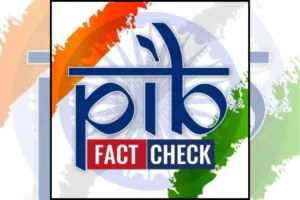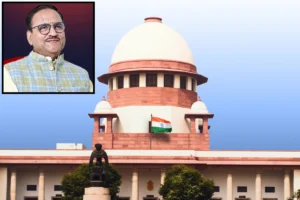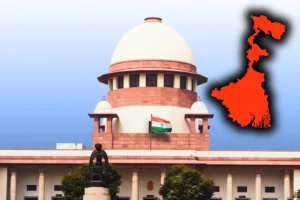
Indians traveling abroad through MakeMyTrip, GoIbibo and Skyscanner which are partially or fully owned by Chinese investors should be aware. Because during the booking of your journey, not only your name, address and mobile number but also Aadhaar, passport and biometric data reach these companies. In such a situation, these companies owned by Chinese investors can pose a big threat to your privacy! This is not an indigenous idea but the essence of the PIL filed in the Delhi High Court by BJP leader and advocate Ashwini Kumar Upadhyay.
Fear of threat to personal information
The petition states that foreign travel through foreign travel companies can compromise the personal information of Indian citizens. Because many companies, including MakeMyTrip, GoIbibo and Scanners, are partially or completely owned by Chinese companies. The most worrying thing is that these companies have access to personal and family data of not only common citizens but also of Supreme and High Court judges, ministers, MPs, MLAs and civil servants.
This information remains with the companies
According to the petition, during travel booking, not only the name and address of the person making the booking and his/her family members, but also the information ranging from phone number and email to Aadhaar and passport, reaches that company. Keeping in mind China’s duplicitous behavior and vicious tactics, this issue has become very serious. A demand has been made through a PIL in the Delhi High Court for instructions to keep this data safe.
Chinese investors are the basis of the petition
In a PIL filed in the Delhi High Court, advocate Ashwini Kumar Upadhyay has claimed that there are many companies which are running their operations from India, but are partially or completely owned by Chinese investors. In such a situation, serious concern has been expressed about the possible misuse of data of Indian citizens, especially their Aadhaar and passport details.
Fundamental right to privacy
Referring to the Justice Puthaswamy case in the petition, it has been said that the Supreme Court also accepted that the right to privacy is a fundamental right under Article 21. Apart from this, Justice Srikrishna Committee (Data Protection Committee) has also suggested that every identity card issued by the government contains sensitive personal data and there is a need for strict laws for their processing. Section 3 of the DPDP Act 2023 also makes it clear that if goods or services collect data within the jurisdiction of India, then strict provisions regarding the processing of data will apply.
Indian government should take strict steps
Through the petition, the court has been appealed to direct the Central Government to take a written undertaking, especially from the foreign travel companies, that they will maintain the confidentiality of the personal information of the citizens under the DPDP Act 2023 and will not share it with anyone else.
Digital Personal Data Protection Act
The Digital Personal Data Protection (DPDP) Act 2023 is a law passed by the Indian Parliament in August. The law aims to regulate the processing of digital personal data. This Act recognizes the right of individuals to protection of personal data. It also accepts the need to process it for legitimate purposes. The Act also requires companies to obtain a customer’s consent before processing their personal data. In case of sharing a citizen’s data with any other party without his consent, a fine ranging from Rs 10,000 to Rs 250 crore can be imposed on the guilty companies.
Also Read: LS polls: EC Transfers 2 IGs, 8 DMs, 12 SPs In Five States; Says Its Done As Part Of Regular Review
To read more such news, download Bharat Express news apps









































